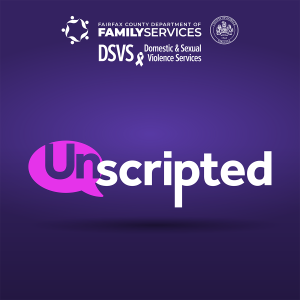 SAFETY ALERT – If you are in danger, call or text 911.
SAFETY ALERT – If you are in danger, call or text 911.

Human trafficking is the control and exploitation of a person’s labor through force, fraud, or coercion for the purpose of labor and/or commercial sex work.
Force can include the use of physical or sexual violence. Coercion can include threats of violence, emotional manipulation, or controlling access to basic needs. Fraud can include someone claiming the victim owes them money or is paying off a debt.
Human sex trafficking--forcing someone to engage in commercial sex work against their will--is a form of sexual violence. This can include forcing someone to exchange sex acts for anything of value, including money, drugs, or basic needs such as food, clothing, or shelter. Exchanging something of value for sex acts involving minors is legally considered trafficking regardless of whether force, fraud, or coercion are used. Sex trafficking is a crime under United States and Virginia law.
90% of all cases reported to the National Human Trafficking Hotline involved victims recruited by someone they know, such as their employer, dating partner or spouse, or family member. Human trafficking is often connected to other forms of violence including family abuse, domestic violence, and stalking.
Learn how Domestic and Sexual Violence Services is observing Human Trafficking Awareness Month and visit our Human Trafficking Awareness Month community engagement toolkit for content and graphics to share on social media.
 Take part in a National Day of Action: #WearBlueDay to raise awareness about human trafficking and show support for survivors. Post photos of yourself, friends, family, and colleagues on social media with the #WearBlueDay hashtag. Don’t forget to tag Fairfax County Department of Family Services on Facebook. Send photos to Abby Picard at abigail.picard@fairfaxcounty.gov. You may see yourself in a future slideshow!
Take part in a National Day of Action: #WearBlueDay to raise awareness about human trafficking and show support for survivors. Post photos of yourself, friends, family, and colleagues on social media with the #WearBlueDay hashtag. Don’t forget to tag Fairfax County Department of Family Services on Facebook. Send photos to Abby Picard at abigail.picard@fairfaxcounty.gov. You may see yourself in a future slideshow!


 Abby Picard, human trafficking and sexual violence coordinator with Domestic and Sexual Violence Services; Meredith McKeen, VP of programs with Northern Virginia Family Services; and Katie Flannery, immigration supervising attorney with Ayuda discuss the intersection of trafficking with domestic violence, sexual violence, child abuse, financial exploitation, and immigration.
Abby Picard, human trafficking and sexual violence coordinator with Domestic and Sexual Violence Services; Meredith McKeen, VP of programs with Northern Virginia Family Services; and Katie Flannery, immigration supervising attorney with Ayuda discuss the intersection of trafficking with domestic violence, sexual violence, child abuse, financial exploitation, and immigration. Fairfax County Government Center
Fairfax County Government Center